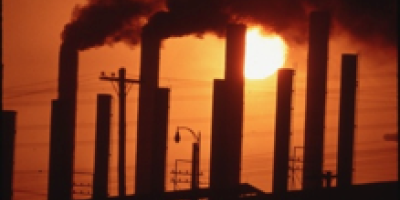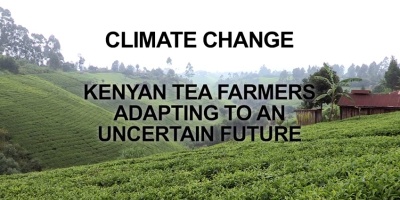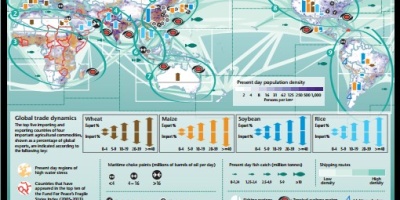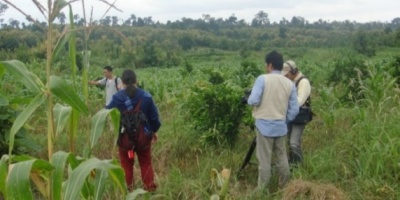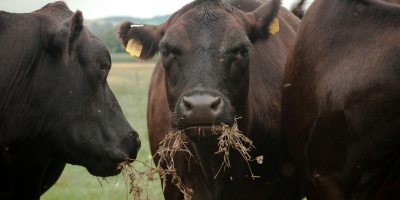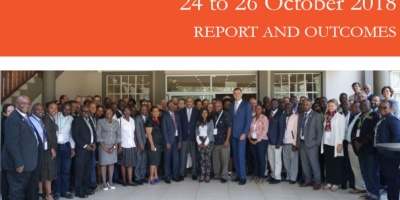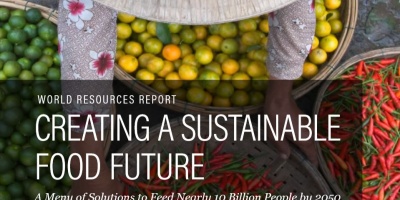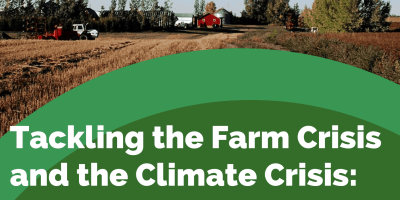Climate change mitigation involves actions aimed at limiting the amount of greenhouse gases in the atmosphere. This may consist in reducing anthropogenic emissions or by increasing the capacity of carbon sinks. Food systems contribute some 20-30% of total global anthropogenic greenhouse gas emissions and their impacts will need to be addressed if substantial global climate change mitigation is to be achieved. In agriculture, management and breeding methods for mitigation of climate change are being developed for all regions. However, not only technological change, but also changes in demand (away from emission intensive foods such as meat and dairy), and in enabling socio-economic structures and the governance framework will influence the amount of GHGs emitted in the future. In the food system, there is scope to develop new practices which deliver multiple win-wins – for example, that function both as climate change adaptation and as mitigation strategies (e.g. climate resilient crops that also bind more carbon in the soil) or that deliver non environmental benefits – for example where shifts to lower environmental impact diets also improve nutritional wellbeing.

